ESP32 Development Platforms: A Comprehensive Analysis and Comparison
Written by:

Kostiantyn Oliynyk
Head of IoT at Webbylab
With a robust academic background in Telecommunication Systems Engineering, I apply my knowledge to lead innovations in the IoT domain. Starting as the first team member in the newly formed IoT department at WebbyLab, I've spearheaded its growth, fostering the expansion into embedded and hardware development alongside our core software projects. My dedication lies in pushing the boundaries of IoT technology, fostering a culture of innovation and excellence that profoundly impacts our clients' operational success.
The ESP32 is a microcontroller chip that can handle data processing, networking, P2P communication, and act as a web server.
Yes, the ESP32 offers built-in support for such wireless communication protocols as Wi-Fi and Bluetooth. It also works with others like LoRa, LTE, and Zigbee application protocols through external components.
The ESP32 is an excellent choice for IoT because it enables reliable wireless connectivity, high processing power, and low power consumption. On top of that, it offers other helpful features like built-in ESP32 security, memory capacity, and various input/output support.
ESP32 development platforms can significantly differ in cost and features, depending on each use case and hardware requirements. For an ESP32 boards comparison, basic options like the ESP32-WROOM-32 or ESP32-DevKitC are budget-friendly and offer essential components like USB interfaces, voltage regulators, and Wi-Fi antennas. Other platforms with more complex PCB trace designs come at a higher cost but provide built-in displays, specialized sensors, and other advanced features.
The best ESP32 development boards are compatible with AI-Thinker, Adafruit, Wemos, Arducam, and Arduino.



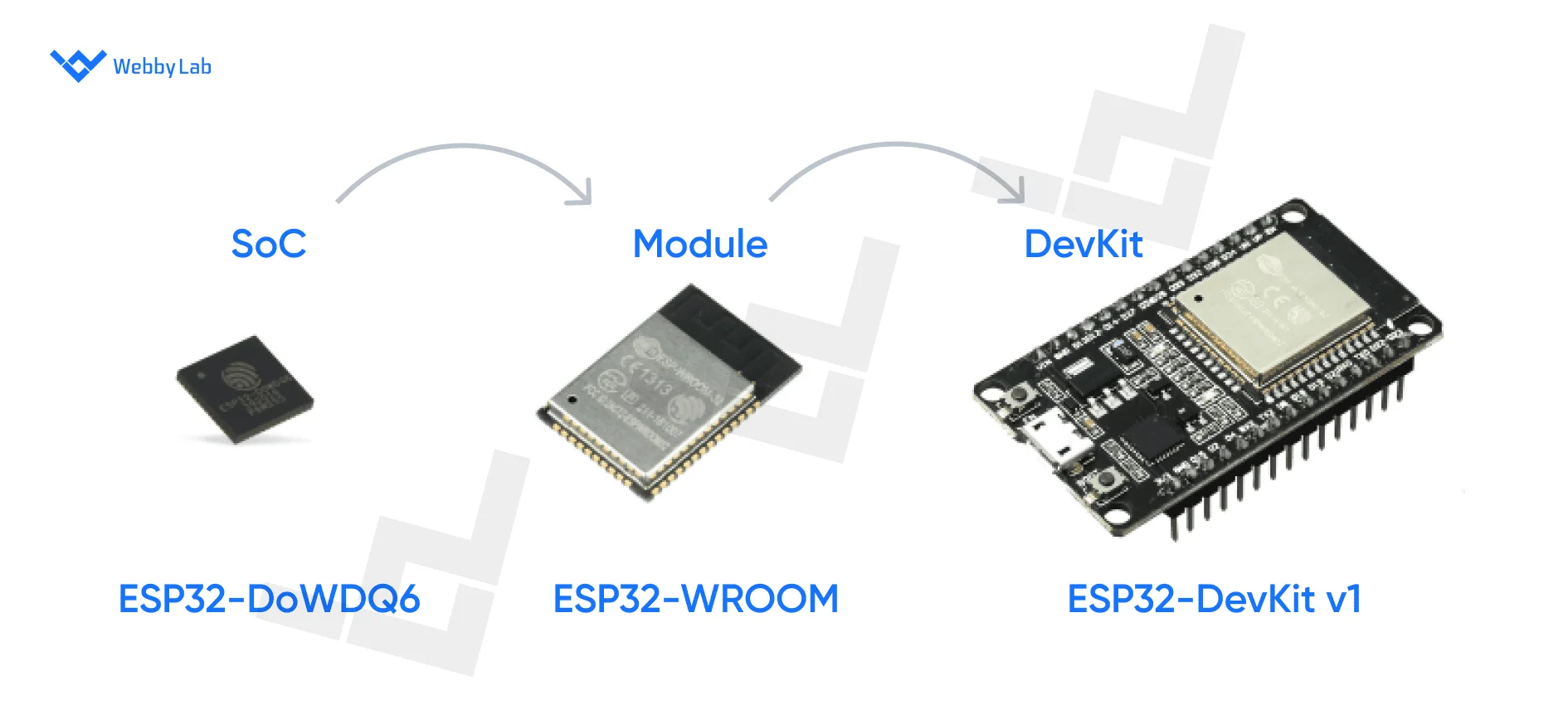
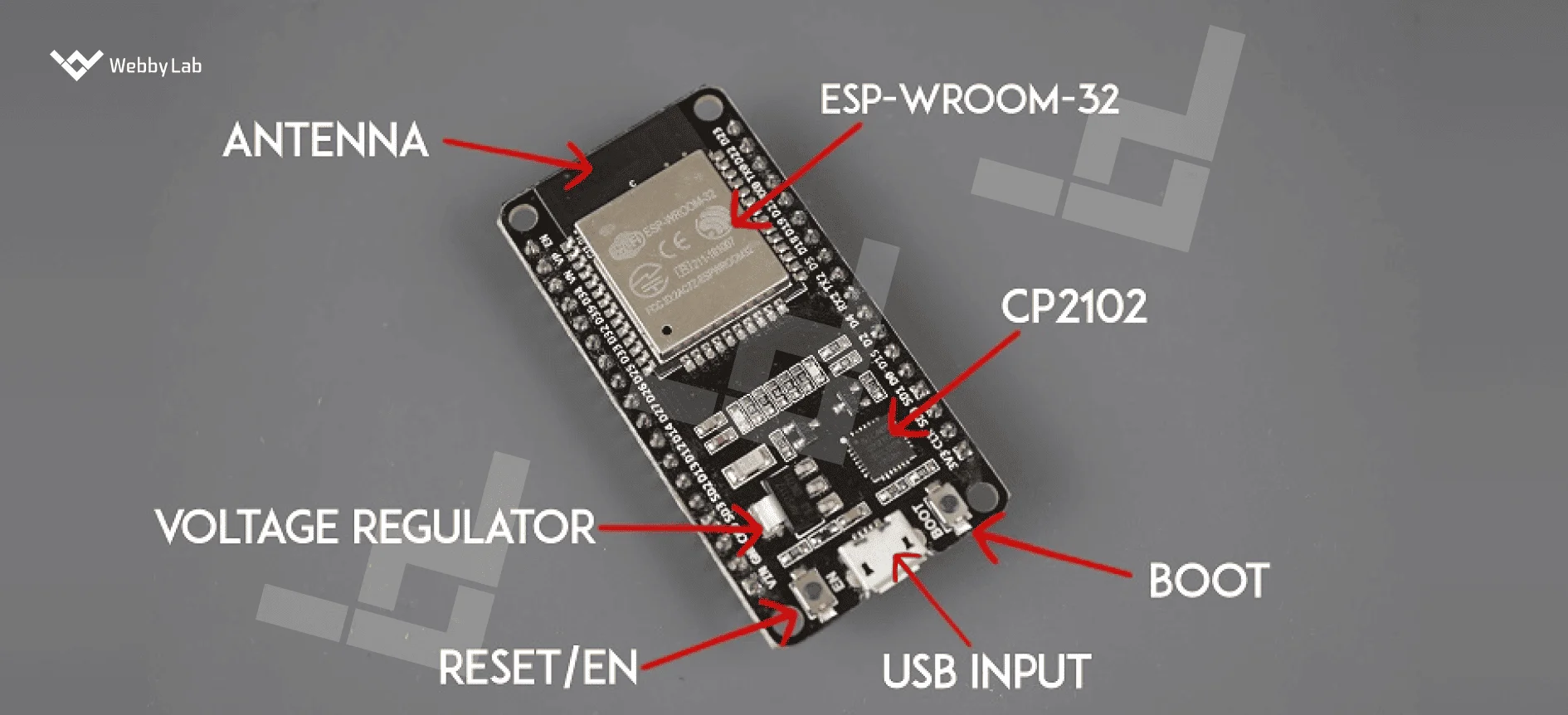
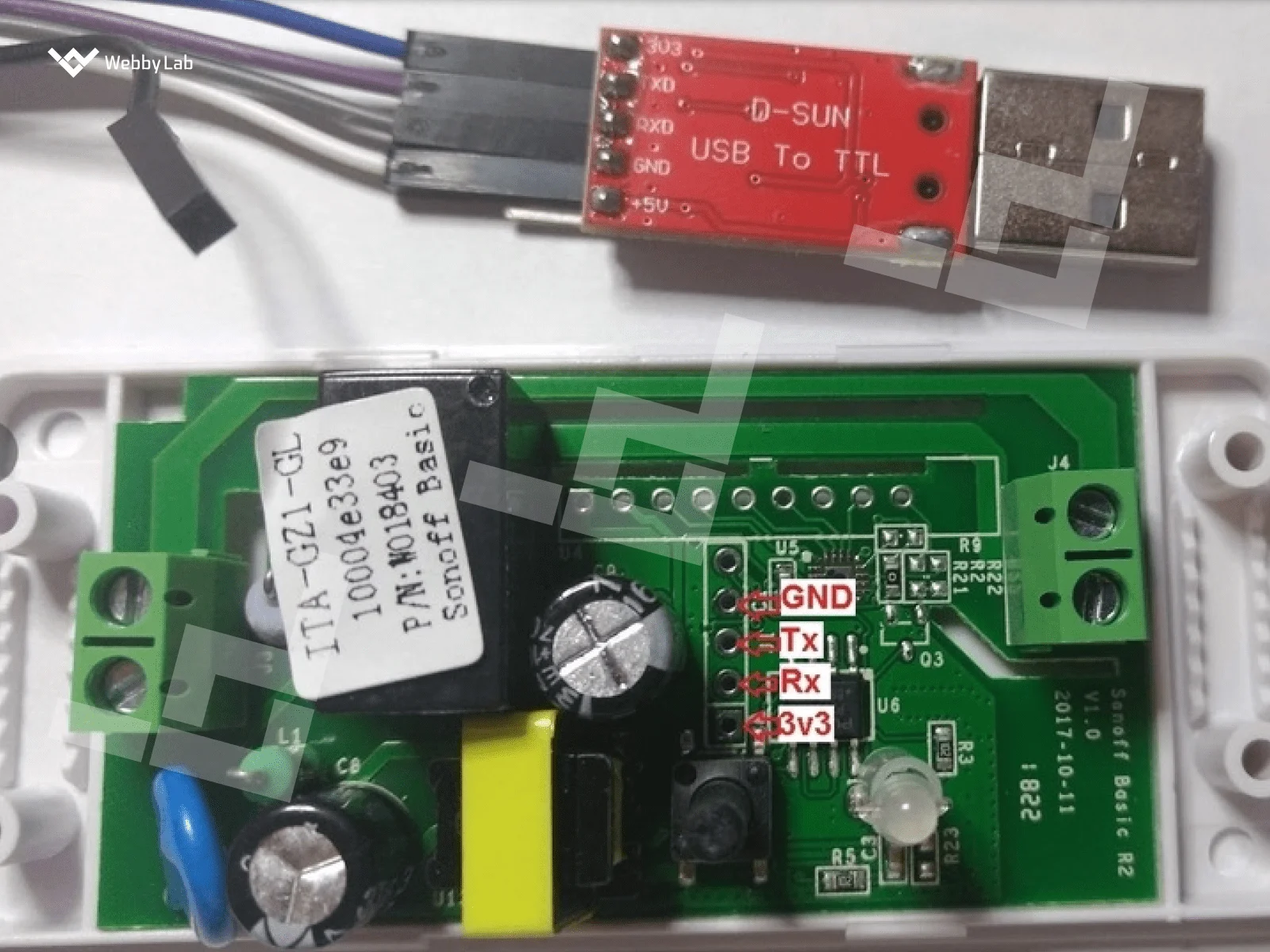
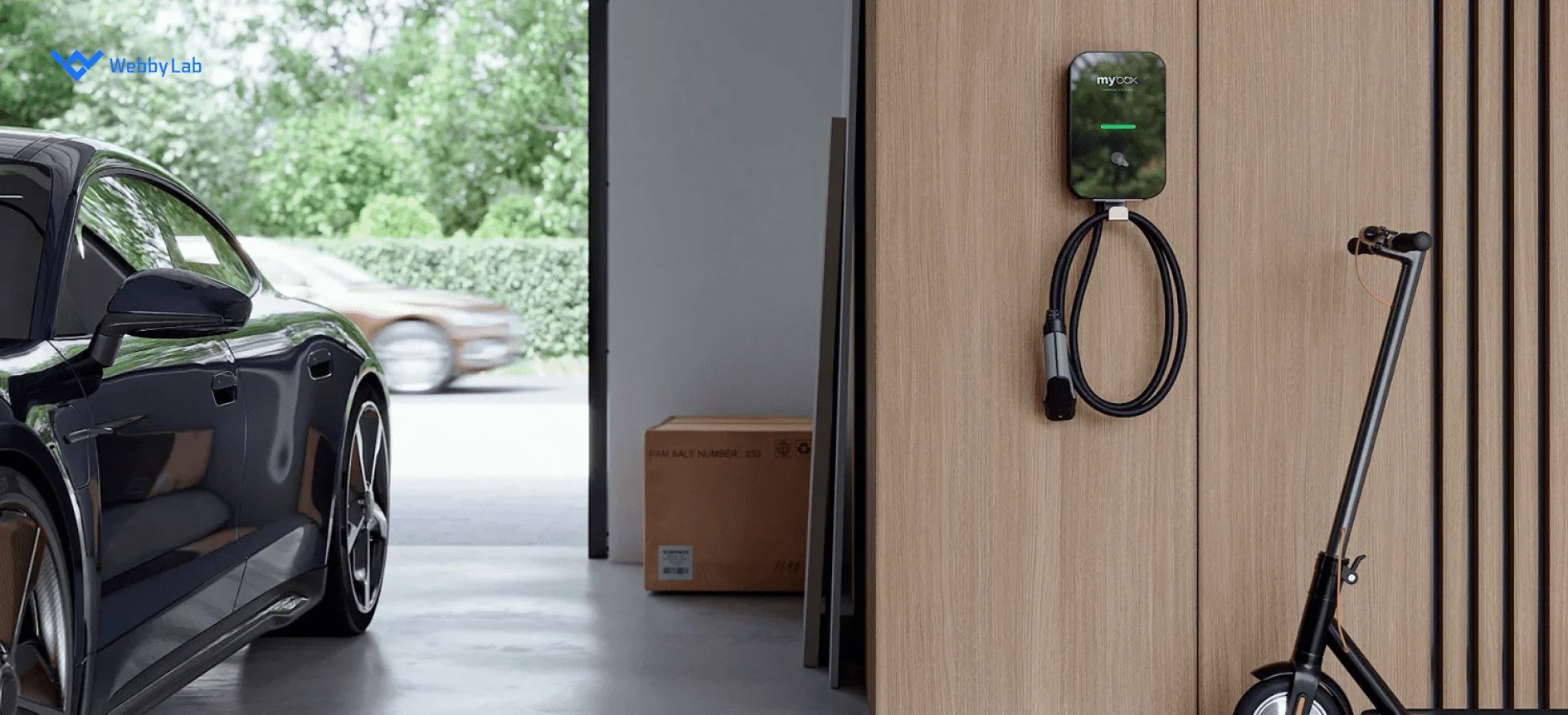 MyBox Home, one of the MyBox devices for smart home use
MyBox Home, one of the MyBox devices for smart home use
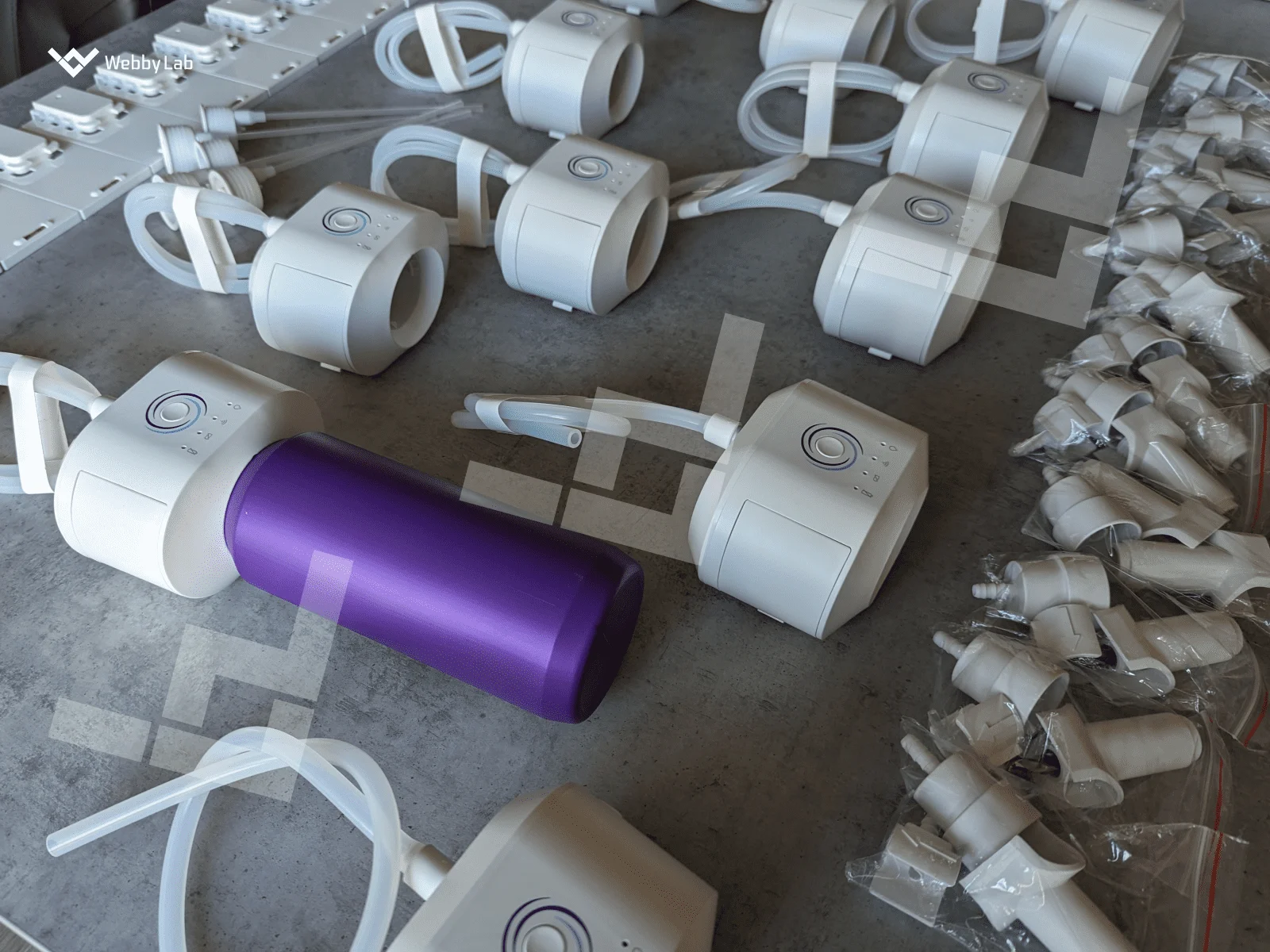 A/C drain line cleaners by WebbyLab
A/C drain line cleaners by WebbyLab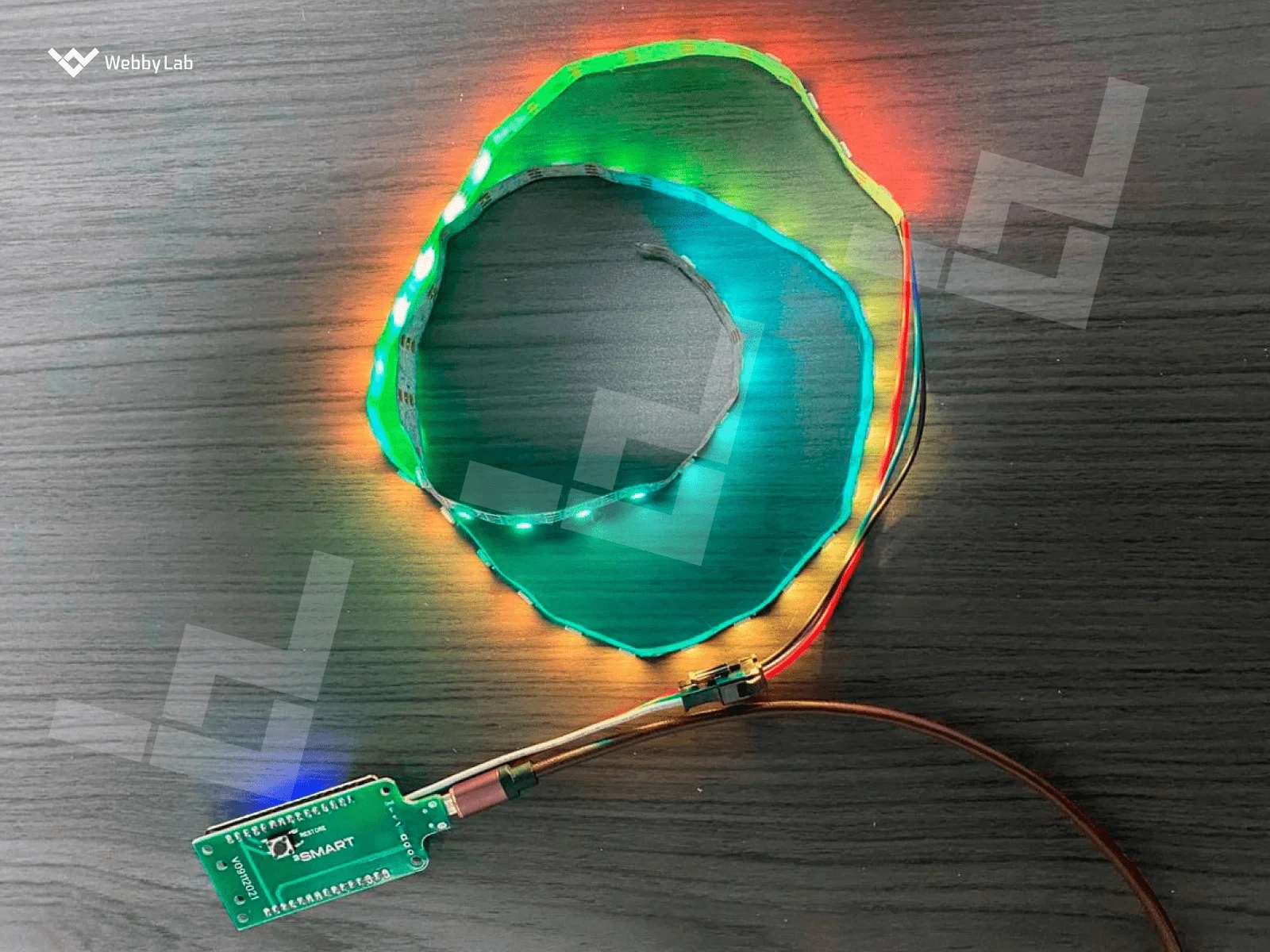 A ready-made LED strip controller based on the ESP32
A ready-made LED strip controller based on the ESP32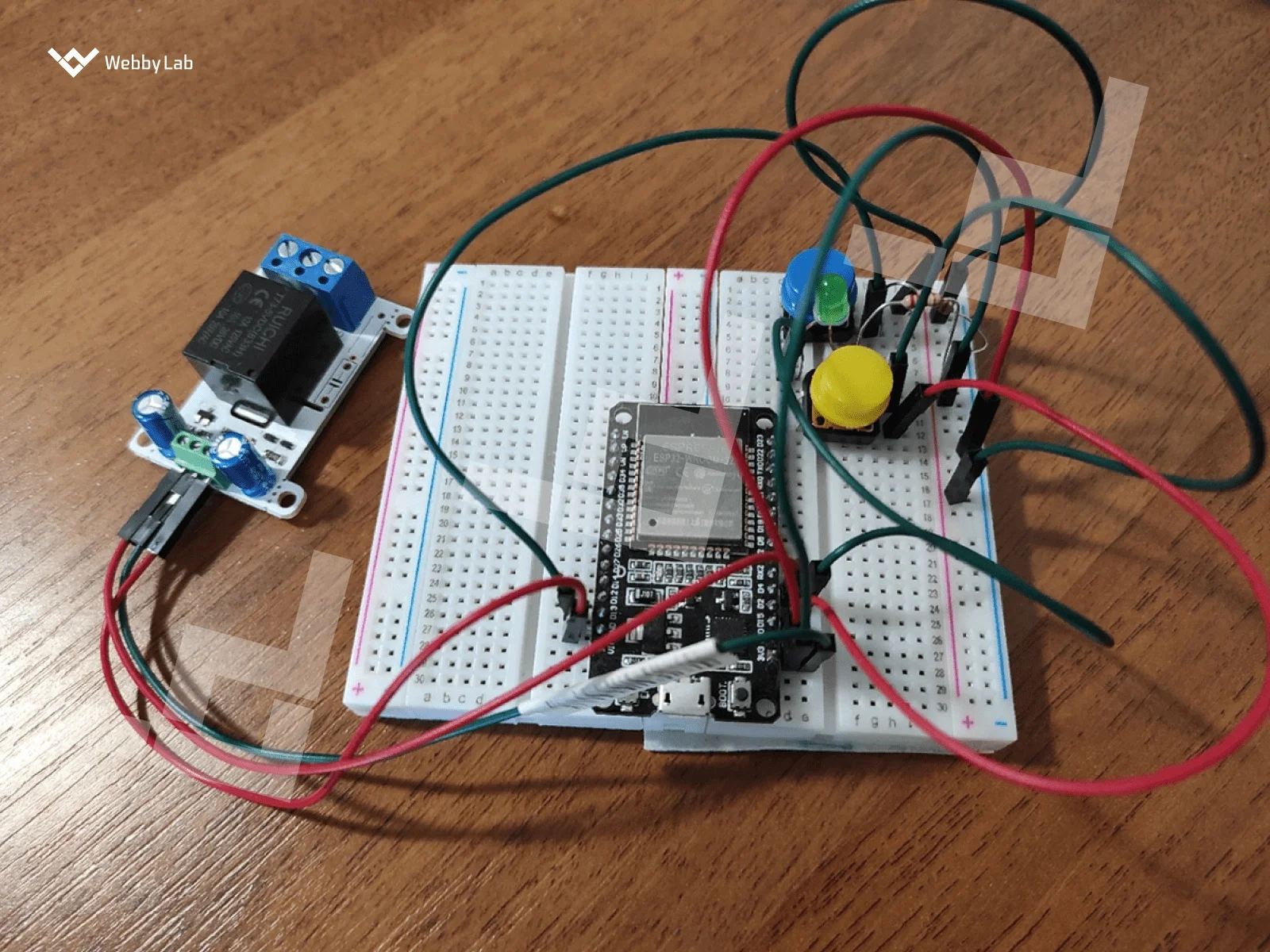 Using a variation of the ESP32 module for EV charging stations
Using a variation of the ESP32 module for EV charging stations



